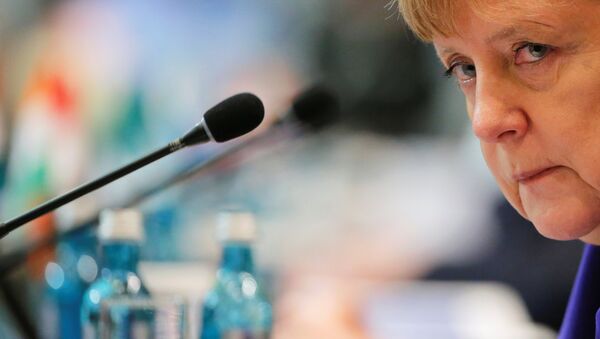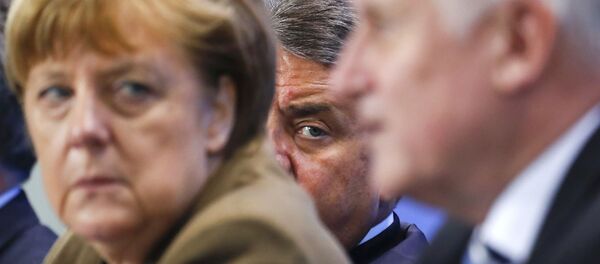According to Diederich, some former CSU supporters decided to support right-wing populist party Alternative for Germany because they wanted "to protest the coalition of Christian Democrats and Social Democrats" and its politics.
"I think this may be the beginning of the end of the great coalition. The former big parties — CSU and SPD — are so small now that they have to fear for their existence," the expert said.
According to exit polls, Christian Democrats — or CDU — managed to secure just 18% in the Berlin state elections, losing ground to the Social Democrats at 22%. That was CDU's poorest performance in the post-unification period. Meanwhile, the biggest gains were made by Alternative for Germany, which won more than 14% of the votes. That also means that the anti-immigrant party will have seats in ten out of the sixteen regional assemblies.
Commenting on the issue of whether Merkel's CDU party will be able to improve its positions at the federal level, Diederich said that it would depend on a number of factors.
German Chancellor Angela Merkel has been repeatedly criticized for her open-door policy toward refugees which resulted in more than one million refugees from the Middle East arriving in Germany last year. Her strategy toward migrants raised serious security concerns and fears of possible terrorist attacks among German citizens.
CDU's dramatic loss of confidence among German voters is explained by some politicians by the so called 'bad Merkel' factor — her negative image among some groups of the population amid her failure to control the current migration crisis.



